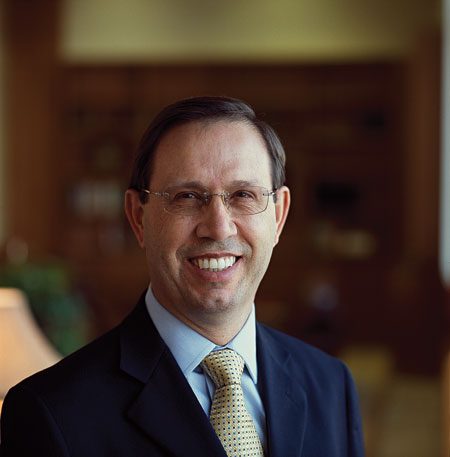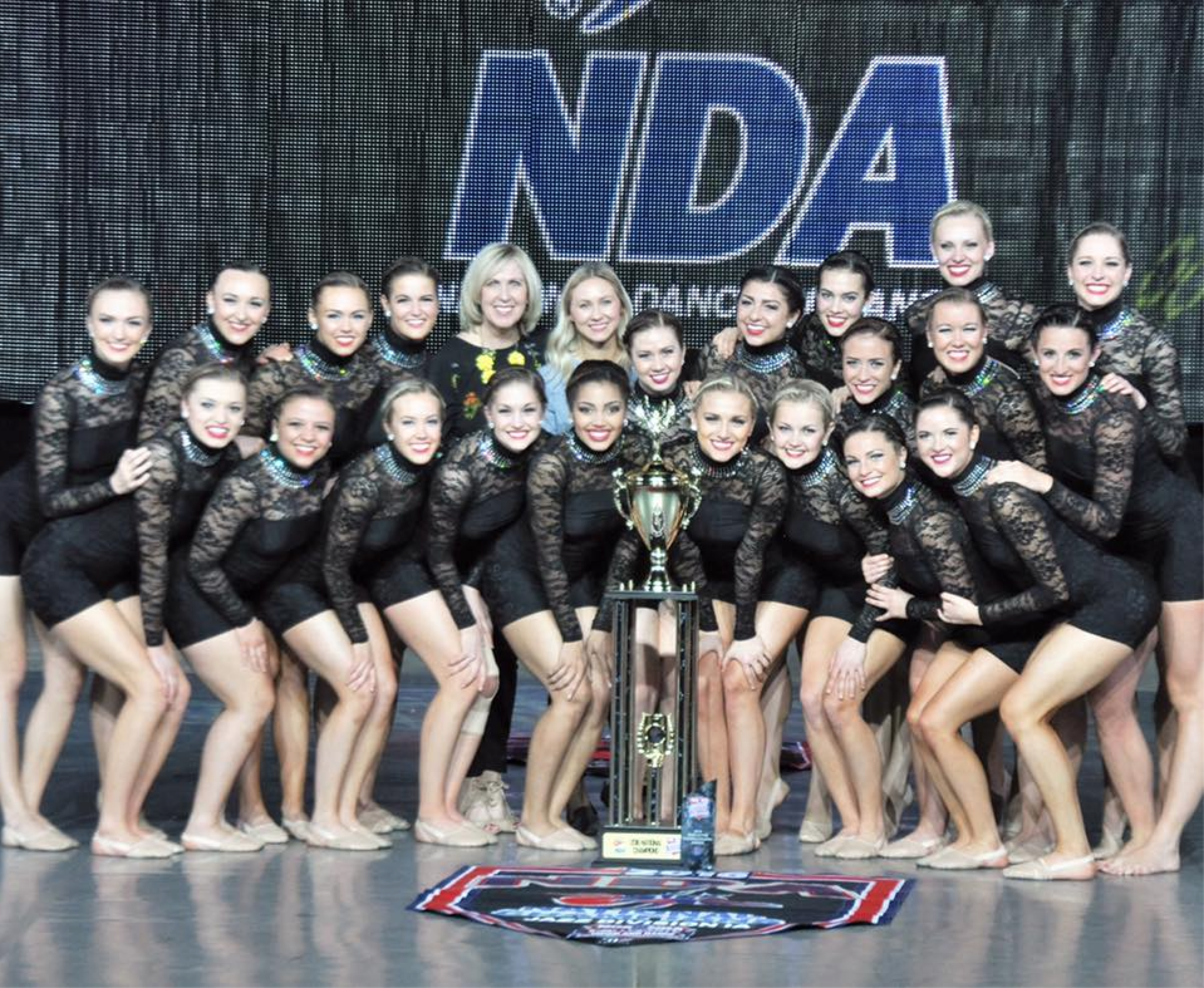In a basement apartment on a quiet street in west Provo, you might find Elizabeth Lovelady Harmon nestled in an oversized beanbag, rooting for Jackie Chan with her husband of six months, Brett. If you wandered through the Richards Building on a Saturday night, you’d glimpse the couple jitterbugging to the beat of Glenn Miller’s Orchestra. And if you found yourself on the eighth floor of the Kimball Tower, you might overhear sociology professors discussing Elizabeth’s role in sociological research. Then, if you happened to meet her, you’d find that the Susanville, Calif., native wields a simple, genuine smile. She’d laugh her mildly explosive laugh, dousing you with one of her life’s guiding philosophies, adapted from a Benny Goodman tune: “Get happy.” Elizabeth Harmon, award-winning researcher on Friday, swing-dance guru on Saturday, and Primary teacher on Sunday, wears many hats.
If she’s not tied to commitments at the moment, she might explain her latest project. She’d say that, together with associate sociology professor Brian K. Barber, she’s exploring the psychological control some parents exercise over their children’s behavior. The team investigates, for instance, whether depressed parents are more likely to exert abnormal control.
Harmon is also currently working with sociology professor J. Lynn England to analyze the 20th-century history of social change in three small communities. England mentions that she’s valuable not only for her “sociological perspective” and analytical skills, but also for her attitude. “We have her doing interviews for us,” he says, “because she’s highly personable.” It’s the “get happy” lifestyle in action.
And these aren’t Harmon’s first research projects. Her participation in the 1997 Utah School Drugs Survey hooked her an Office of Research and Creative Activities award for outstanding research. “We went to almost every school district in Utah, collected data, and analyzed it,” Harmon reminisces, spreading her fingers to indicate the thickness of what must have been an enormous report. Her team’s findings suggested that a drug-free learning environment often results from parental involvement in education.
Harmon’s research is fueled by long-standing devotion to her field. Since her freshman year, when she declared a major in sociology, the focus of her academic efforts has not changed. Now, having graduated in April, she plans to fan her sociological curiosity by entering BYU’s master’s program this fall.
Along the way, Harmon has been inspired by a number of forces: good teachers, a natural concern for social problems, and Margaret Mead, ground-breaking anthropologist and advocate of the family. Harmon says of her role model, “She had compassion in what she did.”
And there is definitely a note of compassion in what Harmon does. She admits that she’s disturbed by current trends. “In America,” she points out, “people are constantly working more hours a week. That’s changed the family and influenced people on a crucial level.” By entering the field of sociology, she plans to join the war against familial disintegration and other social problems.
In confronting society’s most disturbing dilemmas, Harmon mixes realism with her optimistic vision. She confesses that she doesn’t have answers to all the problems–yet. “Research is great, and it’s the only way to find solutions, but just finding them and printing them in a journal doesn’t do a whole lot of good,” she says. “I see things I would like to help change, but figuring out how to do that is a different question.”
Even amid multiple research projects and other academic pursuits, Harmon constantly musters the energy for extracurricular accomplishments.
She has managed to devote generous time to BYU’s own flute choir, Silver Breeze, to church callings, to service, and to her husband. What’s more, Alpha Kappa Delta, the National Honor Society for sociology majors, enjoyed her leadership for two years: she served first as treasurer and then as co-president.
Not, of course, to overlook her conspicuous role in one of BYU’s hottest clubs, the Swing Kids. “That’s my passion–swing dancing,” she confesses. It’s an avocation that engulfed her almost by accident; one night she and her identical twin, Melissa, happened upon one of the club’s weekly dances, where they were immediately enraptured by the swing subculture. Since then Harmon has danced her way through the club’s ranks. The highlight of her experience came last year, when, as club president, she arranged a performance by the nationally celebrated band Indigo Swing.
From the swing floor to sociology circles, Elizabeth Harmon has made her presence felt at BYU. She’s a student who, hoping to help nudge society in the right direction, has already made an impressive start. And that’s something Margaret Mead would appreciate.










